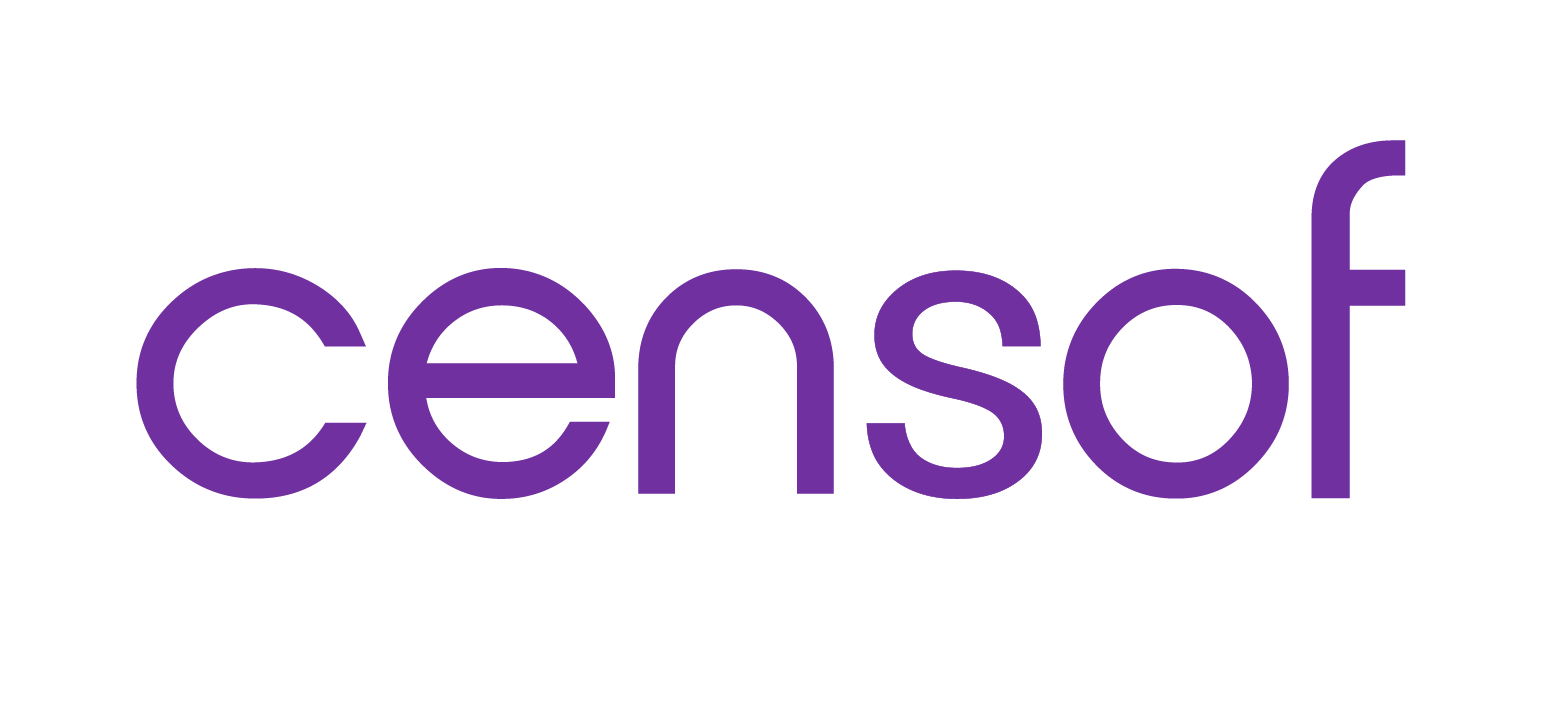
In today’s hyper-connected world, many organisations are embracing the idea of paperless offices. So with the highest safeguard, authenticity, convenience and low cost, cloud based digital signature services are becoming the choice for businesses to elevate workflow efficiency and deliver customer satisfaction.
Digital signatures allows the parties to check the authenticity and integrity of data, as well as preventing the signatory from being able to repudiate their involvement.
This technology allows signing processes and closing deals to be carried out on any device anytime and anywhere. Besides the rising corporate awareness about the benefits of using digital signatures, a further boost to adoption had come from the Malaysian Government’s Feb 2021 introduced MyDigital blueprint.
Going by the commitments and targets set out here, digital signatures are to be implemented across the entire public sector by 2025. This implementation would be beneficial to the Rakyat and businesses as one will no longer need to be physically present at any government department to conduct their business.
A September Top in Tech episode was on the topic of digital signatures and aimed to further raise awareness around the importance, applications and advancements of digital signatures with Sea Chong Seak, Chief Technology Officer of SigningCloud, Lo Nyan Tjing, CEO of MSCTrustgate and Nagendran Perumal, Chief Technology Officer of Censof Bhd as panellists.
Your Digital Signature and Electronic Signatures?
The differences between digital signatures and electronic signatures can often be confusing. An electronic signature is a blanket term for a broad grouping that includes digital signatures as a specific subset.Lo noted that digital signatures are more secure and tamper-evident. It encrypts the document, provides a timestamp and permanently embeds the information in it. If a user tries to commit any changes in the document then the digital signature will be invalidated. On the other hand, an electronic signature is similar to a digitized handwritten signature verified with the signer’s identity such as emails, corporate ID’s, transactions, and etc.An electronic signature is less secure since it does not have viable security features that can be used to secure it from being tampered with by other people without permission.
“Most of the projects and applications that utilize digital signature tend to be initiated by the government sector such as Malaysia Government Public Key Infrastructure (GPKI), eCourts and Inland Revenue Board of Malaysia (LHDN). But when the pandemic swept across the world, more companies began to be more open in exploring digital signatures. As Covid-19 is here to stay, companies in Malaysia should embrace digital signatures to maintain and optimize their business operations, costs, productivity and efficiency,” Lo elaborates.
Meanwhile, Sea from Signing Cloud pointed out that the convenience of digital signatures inherently implies a faster turnaround time. Instead of involving multiple players, who will handle printing, signing, scanning and sending one side of the business transaction and the same set of actions on the other side, a digital signature authentication happens at the click of a button.
Plus, this type of signature has the same legal standing as a handwritten signature as long as it complies with the requirements of the specific regulation under which it was created. Naturally, it gives businesses the necessary agility, edge and helps to improve trust with their stakeholders.
“Malaysia has always been at the forefront in adopting technology. Based on MyDigital’s blueprint, 80% of all the government and public sector should be offering zero-counter operations and transactions via the internet within a two year timeframe. One of the strategies to achieve this objective is to adopt this Digital Signature technology,” Nagendran points out.
Key Takeaways
“I hope both small and medium-sized enterprises (SMEs) and other big organisations in Malaysia adopt and integrate digital signatures in their business as it not only ensures smooth and efficient workflow operations but it also provides legal recognition,” Sea concluded.
“The MyDigital initiative is to transform Malaysia into a digitally driven nation. To achieve this the government will implement more e-services in both government and private sectors. Therefore, businesses should embrace digital signatures in their e-services as it eases business operations and aligns together with the government’s objective,” Lo said.
“Everyone embraces technology in their lives to make a specific task or way of life easier. Therefore, save time and make the signing process quicker by using digital signatures,” Nagen concluded.
Watch the replay of Top in Tech Episode 16 – Digital Signatures: Embracing New Practices here.

